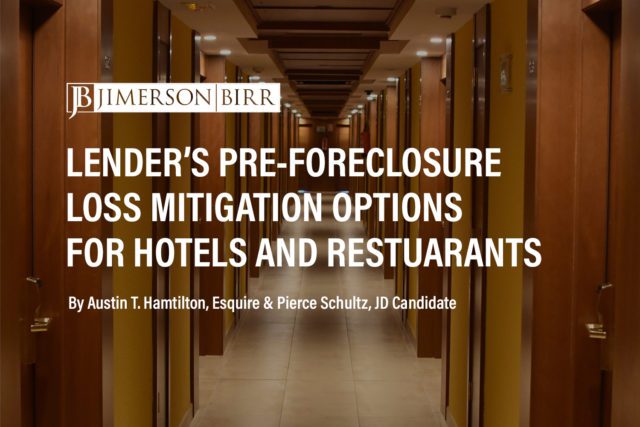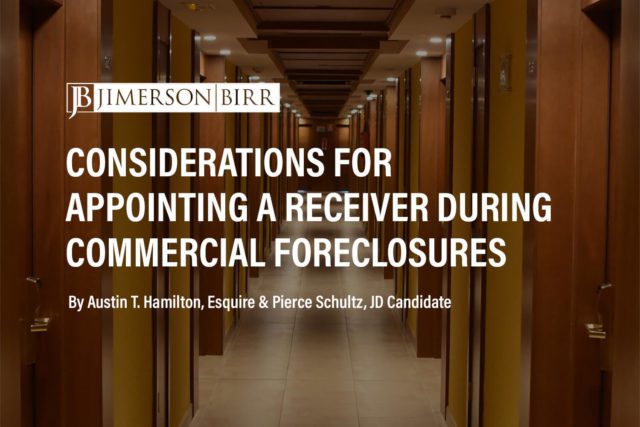What are retail, office, industrial, hotel/resort, healthcare, and multi-residential transactions?
Retail, office, industrial, hotel/resort, healthcare, and multi-residential transactions are common categories of real estate transactions in Florida, involving various property classes with specific uses. Retail transactions involve properties like shopping centers, malls, and standalone stores. Office transactions encompass office buildings, complexes, and coworking spaces. Industrial transactions relate to warehouses, distribution centers, and manufacturing facilities.
Additionally, hotel/resort transactions involve properties catering to tourists, such as hotels, motels, and resorts. Healthcare transactions include hospitals, medical offices, and long-term care facilities. Lastly, multi-residential transactions involve properties with multiple residential units, like apartments, condominiums, and townhomes.
For example, a retail transaction in Florida may involve the sale of a shopping center, while a multi-residential transaction could involve the purchase of an apartment complex. Each property class has unique features and considerations that affect the transaction process, making it essential to understand the nuances of each type when engaging in Florida real estate transactions.
Need help with creating, structuring, or enforcing real estate transactions? Schedule your consultation today with a top real estate transactional attorney.
Which Florida laws, rules, and regulations apply to retail, office, industrial, hotel/resort, healthcare, and multi-residential transactions?
Florida laws, rules, and regulations governing real estate transactions for retail, office, industrial, hotel/resort, healthcare, and multi-residential properties are diverse and comprehensive. Some key statutes and regulations include:
- Florida Statutes Chapter 689 covers conveyances of lands and declarations of trust.
- Florida Statutes Chapter 718, the Condominium Act, governs condominium creation, operation, and management.
- Florida Statutes Chapter 720, the Homeowners’ Association Act, regulates homeowners’ associations in Florida.
- Florida Statutes Chapter 723, the Mobile Home Park Act, applies to various aspects of mobile home communities.
- Florida Statutes Chapter 61G15, the Florida Board of Professional Engineers’ rules, impacts the design and construction of properties.
Additionally, local zoning ordinances and land use regulations, such as the Miami 21 Zoning Code, can significantly impact real estate transactions. Therefore, it’s crucial to consider federal laws, like the Americans with Disabilities Act (ADA) and the Fair Housing Act (FHA), when engaging in these transactions to ensure compliance with all applicable regulations.
What are common issues associated with retail, office, industrial, hotel/resort, healthcare, and multi-residential transactions that lead to litigation?
The following issues tend to escalate transactional disputes to litigation:
- Breach of contract: Parties may fail to uphold their contractual obligations, such as payment terms, representations, warranties, or other conditions, leading to disputes.
- Title disputes: Parties may disagree over the ownership or the extent of property rights, sometimes due to errors in title records or conflicting claims.
- Zoning and land use: Disputes may emerge when a property’s intended use violates local zoning ordinances or land use regulations, impacting the transaction’s viability.
- Construction defects: Buyers may discover defects in the property’s construction, leading to disputes over responsibility for repairs or compensation.
- Environmental issues: Contamination or ecological hazards on a property can lead to disputes over liability for cleanup, mitigation, or disclosure obligations.
- Lease disputes: Conflicts may arise over lease terms, rent adjustments, or the rights and obligations of landlords and tenants in commercial properties.
When a set of facts is appropriate for legal advocacy or intervention, there are many paths a claimant may take. We are value-based attorneys at Jimerson Birr, which means we look at each action with our clients from the point of view of costs and benefits while reducing liability. Then, based on our client’s objectives, we chart a path to seek appropriate remedies.
To determine whether your unique situation may necessitate litigation or another form of specialized advocacy, please contact our office to set up your initial consultation.
What measures should counsel take to resolve issues and avoid litigation over retail, office, industrial, hotel/resort, healthcare, and multi-residential transactions?
- Thorough due diligence: Conduct comprehensive research on the property, title records, zoning, and environmental issues to identify and address potential problems before closing.
- Clear and well-drafted contracts: Ensure contracts are comprehensive, unambiguous, and address all relevant issues, including representations, warranties, contingencies, and dispute resolution mechanisms.
- Open communication and negotiation: Maintain open lines of communication between parties to address concerns and negotiate solutions before disputes escalate.
- Expert consultation: Consult with experts in relevant fields, such as environmental consultants, engineers, and land use planners, to better understand and address potential issues.
- Alternative dispute resolution: Utilize mediation or arbitration to resolve disputes outside of court, potentially saving time and money while preserving business relationships.
- Compliance: Ensure all aspects of the transaction comply with applicable local, state, and federal laws and regulations to prevent future disputes and potential penalties.
Please contact our office to set up your initial consultation to see what forms of legal advocacy or intervention may be available for your unique situation.
Frequently Asked Questions
- How can I ensure a smooth real estate transaction for a hotel or resort property?
When dealing with hotel or resort properties, it is essential to conduct thorough due diligence, especially regarding the property’s financial health. Additionally, review the property’s zoning and permitting regulations to ensure compliance. Engaging experienced professionals such as appraisers, engineers, and attorneys can also help to ensure a smooth transaction.
- What are the key factors to consider when leasing office space in Florida?
Some key factors to consider when leasing office space in Florida are the lease term, rental rates, security deposit, and tenant improvements. Also, review the lease agreement carefully and seek the guidance of an experienced attorney to help negotiate any unfavorable terms to the tenant.
- What is the due diligence process for multi-residential property acquisition in Florida?
The due diligence process for multi-residential property acquisition in Florida should include reviewing property management and maintenance records, assessing the property’s physical condition, analyzing the property’s cash flow and income, and reviewing tenant leases and rent rolls.
- What are the common environmental issues that arise during industrial real estate transactions?
Environmental issues commonly arising during industrial real estate transactions include soil and groundwater contamination, asbestos, and hazardous waste. Conducting a Phase I Environmental Site Assessment can help identify potential environmental risks and liabilities.
- How do healthcare regulations impact real estate transactions in Florida?
Healthcare regulations can significantly impact real estate transactions in Florida, particularly regarding medical office buildings and healthcare facilities. Therefore, ensuring compliance with state and federal regulations, including zoning and permitting rules and HIPAA requirements, is crucial. An experienced healthcare attorney can help ensure compliance with these regulations.
Have more questions about real estate transactions and disputes?
Crucially, this overview of retail, office, industrial, hotel/resort, healthcare, and multi-residential transactions does not begin to cover all the laws implicated by this issue or the factors that may compel the application of such laws. Every case is unique, and the laws can produce different outcomes depending on the individual circumstances.
Jimerson Birr attorneys guide our clients to help make informed decisions while ensuring their rights are respected and protected. Our lawyers are highly trained and experienced in the nuances of the law, so they can accurately interpret statutes and case law and holistically prepare individuals or companies for their legal endeavors. Through this intense personal investment and advocacy, our lawyers will help resolve the issue’s complicated legal problems efficiently and effectively.
Having a Jimerson Birr attorney on your side means securing a team of seasoned, multi-dimensional, cross-functional legal professionals. Whether it is a transaction, an operational issue, a regulatory challenge, or a contested legal predicament that may require court intervention, we remain tireless advocates at every step. Being a value-added law firm means putting the client at the forefront of everything we do. We use our experience to help our clients navigate even the most complex problems and come out the other side triumphant.
If you want to understand your case, the merits of your claim or defense, potential monetary awards, or the amount of exposure you face, you should speak with a qualified Jimerson Birr lawyer. Our experienced team of attorneys is here to help. Call Jimerson Birr at (904) 389-0050 or use the contact form to schedule a consultation.

We live by our 7 Superior Service Commitments
- Conferring Client-Defined Value
- Efficient and Cost-Effective
- Accessibility
- Delivering an Experience While Delivering Results
- Meaningful and Enduring Partnership
- Exceptional Communication Based Upon Listening
- Accountability to Goals











